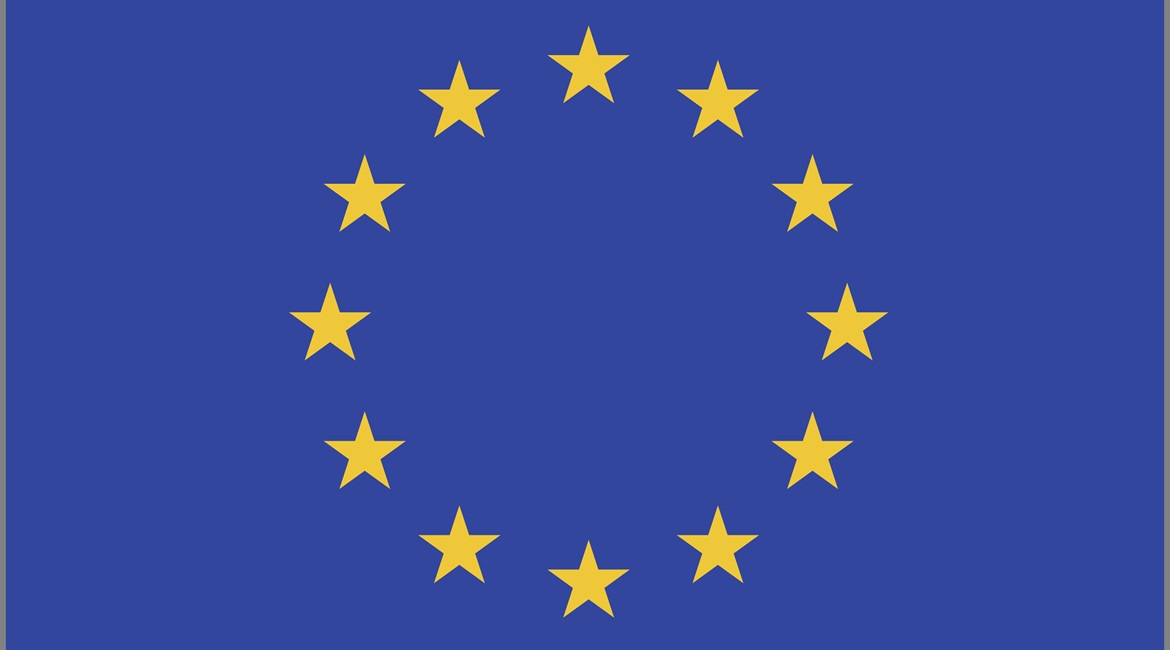
After two years of political wrangling – and pressure from Washington, DC – the EU Council agreed on 5 November on the rules to allow third-country entities to participate in capability projects falling within the European Union’s Permanent Structured Cooperation (PESCO) agreement.

The EU Council agreed on 5 November to rules for third-country participation in PESCO. (Getty Images)
“This is an important and two-fold impulse: on the one hand for PESCO and European defence policy; on the other hand for EU-NATO co-operation,” German Defence Minister Annegret Kramp-Karrenbauer announced in a 5 November press release. The German government, which currently holds the EU Council’s rotating six-month presidency, brokered the deal.
The new rules “open the door” for entities from trusted third-country participants to co-develop defence capabilities with the 25 PESCO countries, an EU official told reporters after the agreement on 5 November, but added that any such entity must first meet a stringent set of political, legal, and “substantive” conditions. All EU nations except Denmark and Malta belong to PESCO.
The political conditions require that third countries share the democratic values on which the European Union is founded and do not contravene its security and defence interests. That alone “effectively excludes Russia, China, and Turkey”, an EU diplomatic source said prior to the announcement.
The legal conditions specify that an entity seeking participation must have a legal and operating presence in the EU. It must also hail from a country that has a security of information agreement in force with the EU since all PESCO projects are classified. The United States, for example, has one with the EU; Turkey does not.
Looking to read the full article?
Gain unlimited access to Janes news and more...






